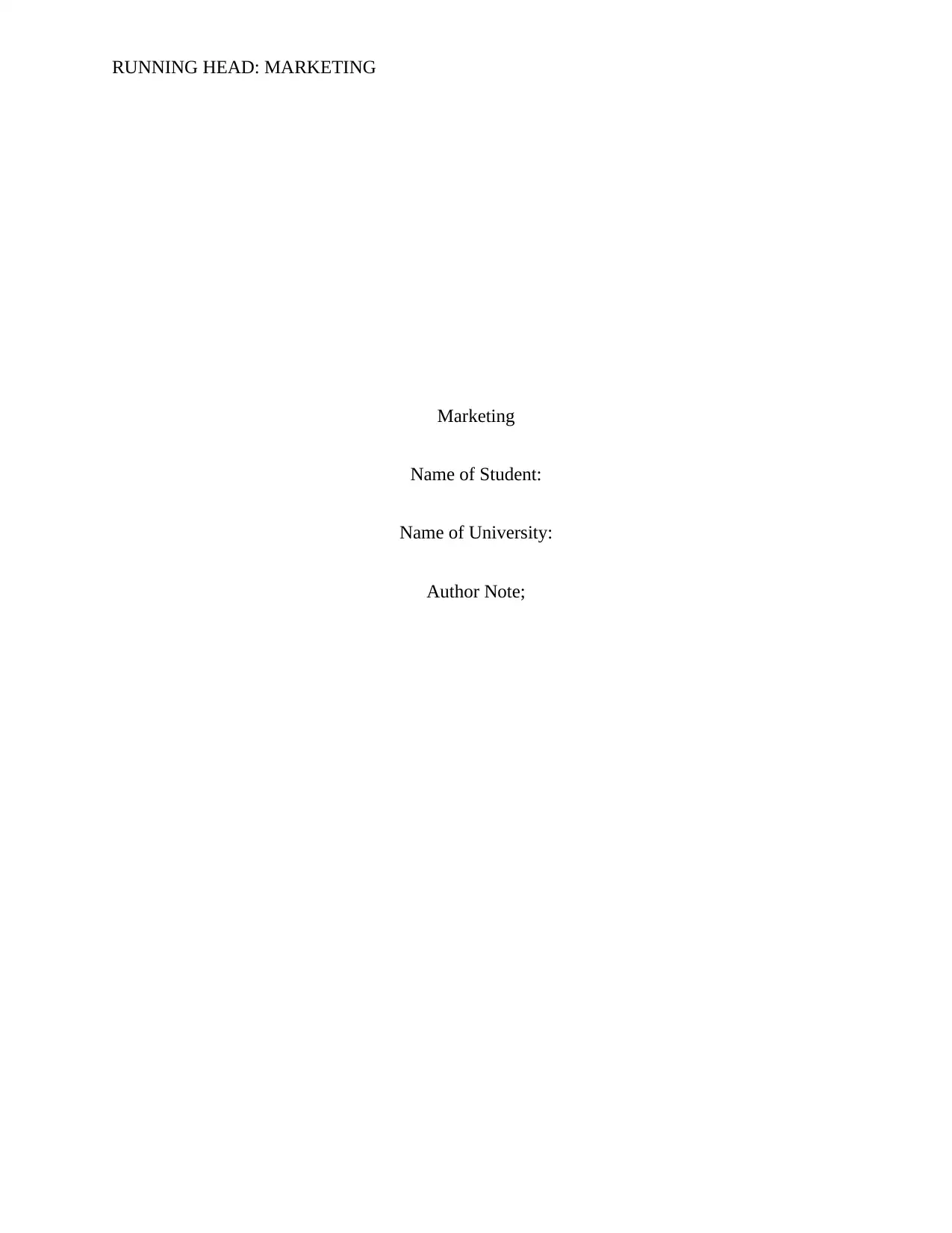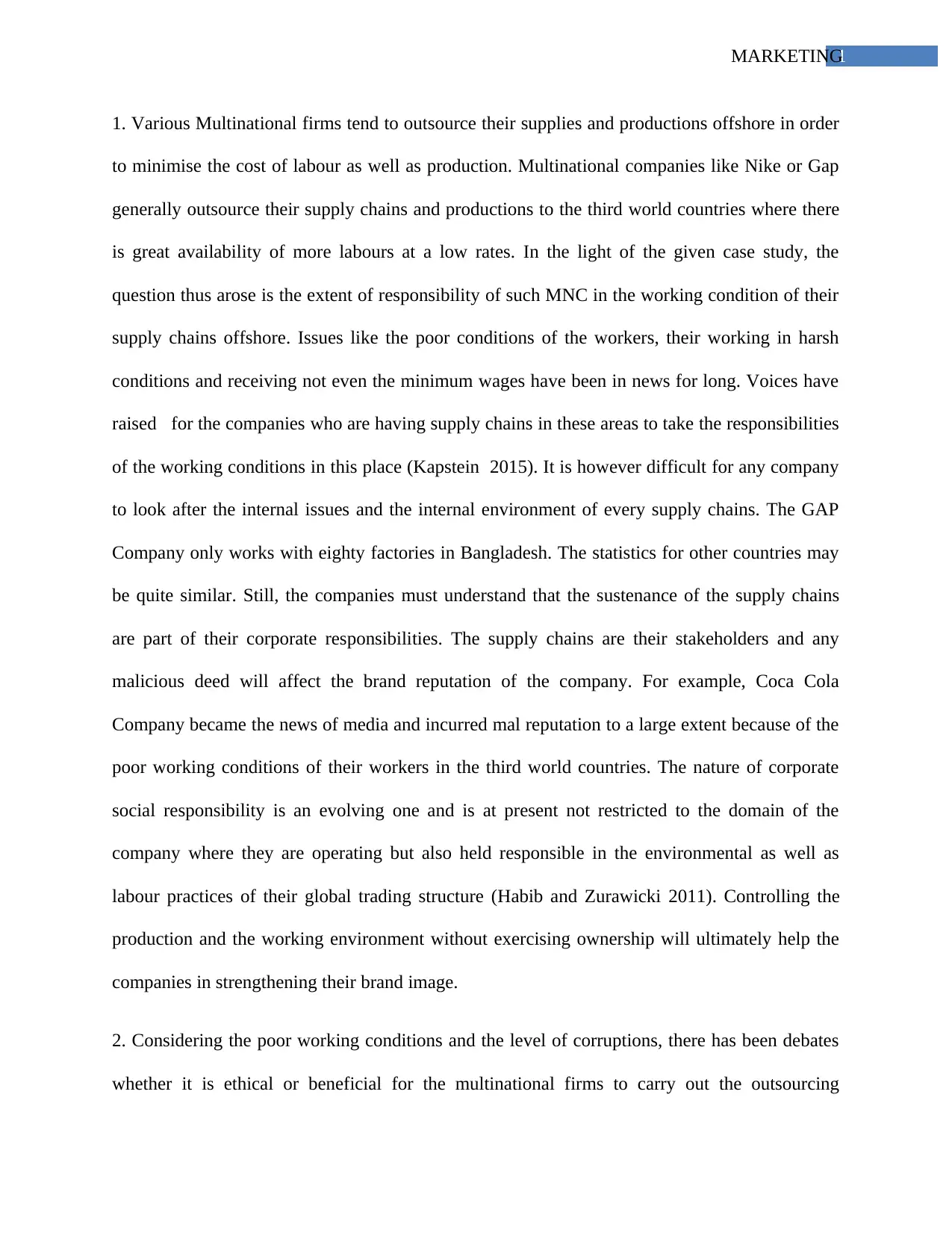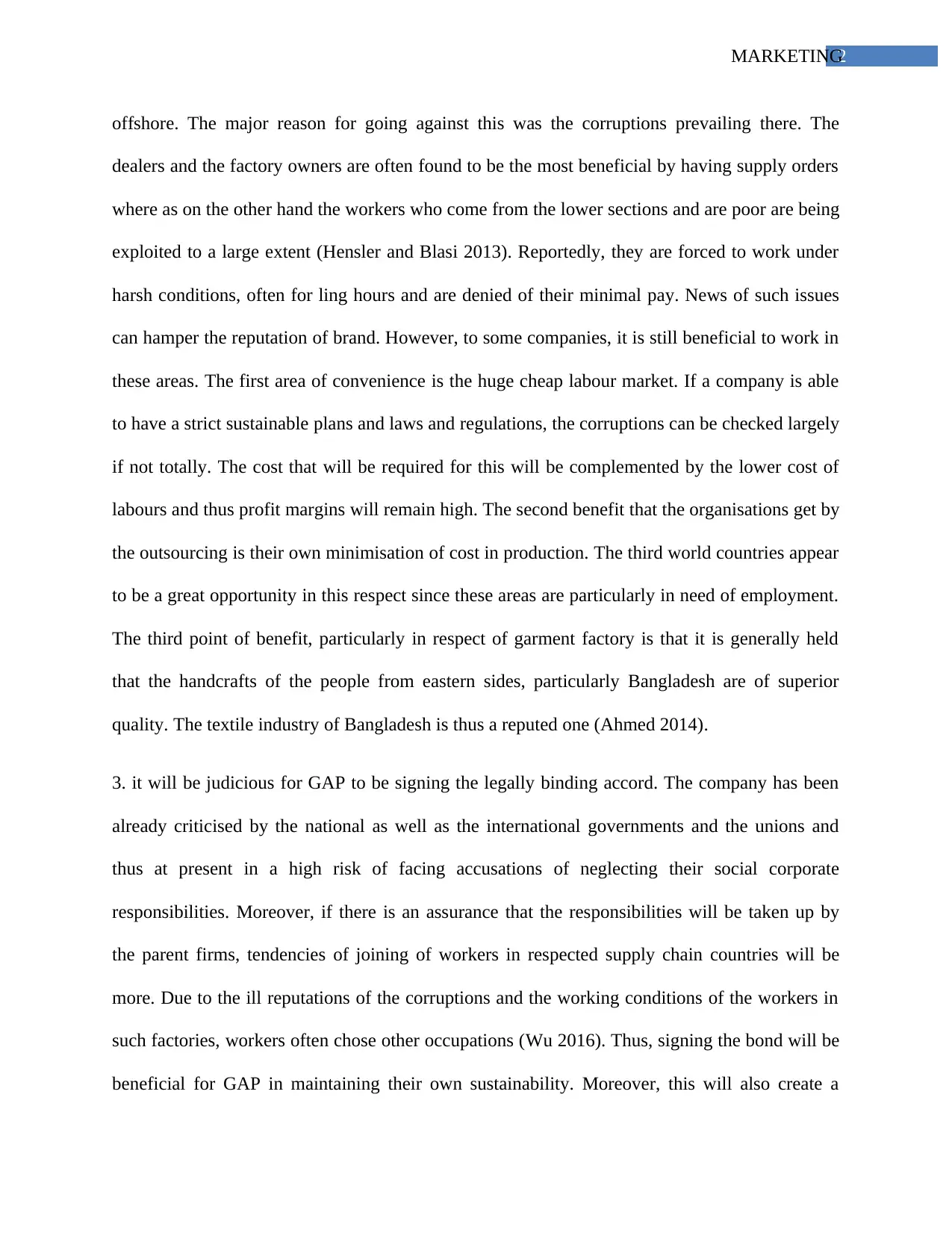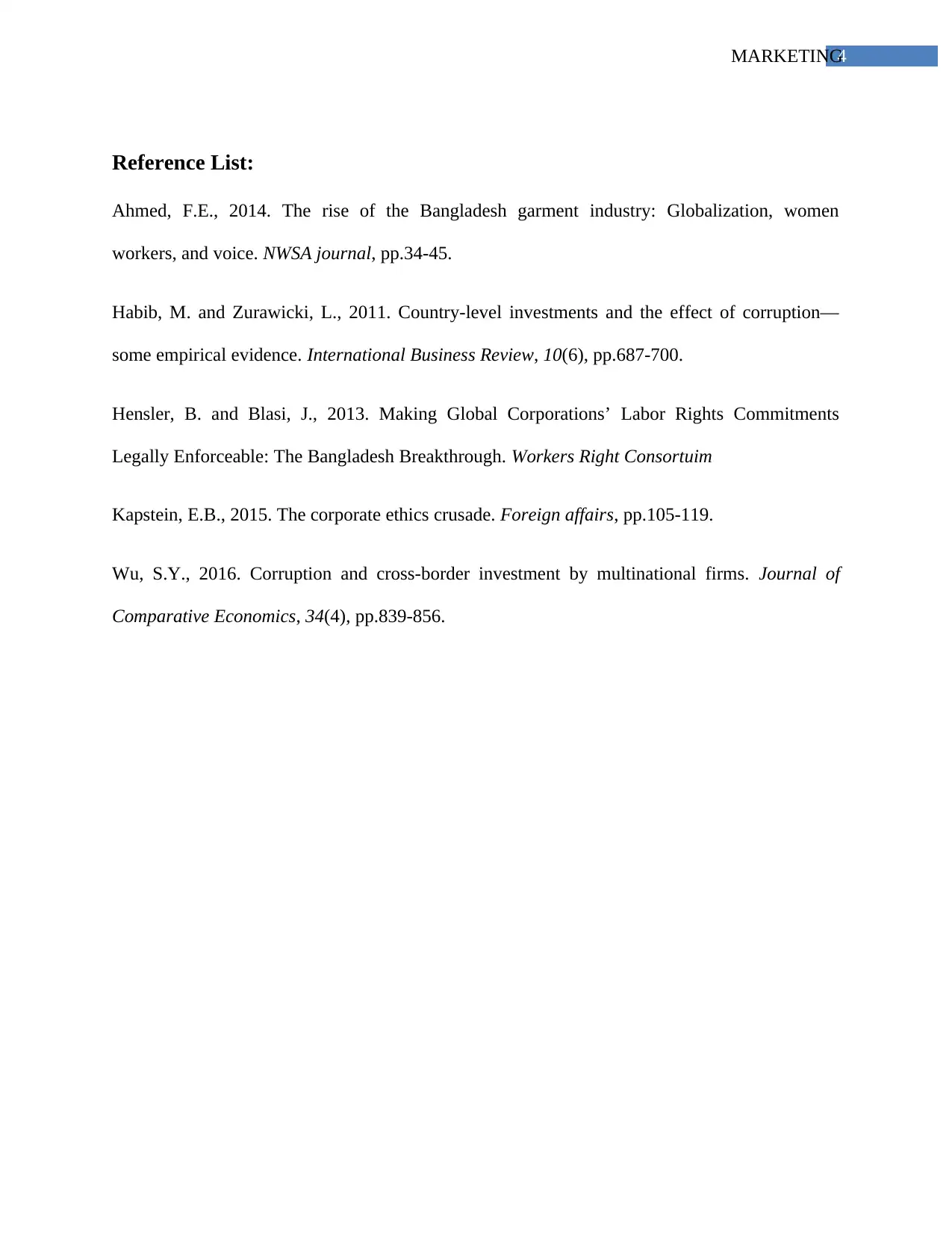International Marketing: Evaluating GAP's Actions in Bangladesh
VerifiedAdded on 2022/09/13
|5
|936
|18
Case Study
AI Summary
This case study examines the ethical and business challenges faced by the GAP clothing company concerning its supply chain operations in Bangladesh's garment industry. The study begins by highlighting the Rana Plaza factory collapse and its impact on worker safety, low wages, and poor working conditions. The assignment explores the outsourcing practices of multinational corporations, like GAP, and their responsibilities toward their offshore supply chains. It delves into the complexities of corporate social responsibility, the impact of corruption, and the benefits and drawbacks of outsourcing. The study analyzes the importance of ethical sourcing, the potential for legally binding accords, and the need for companies to maintain a strong brand image by considering the welfare of stakeholders. The case study references several academic papers and reports to support the analysis, providing insights into the economic, social, and ethical dimensions of international business, particularly within the context of Bangladesh's garment industry.
1 out of 5












![[object Object]](/_next/static/media/star-bottom.7253800d.svg)